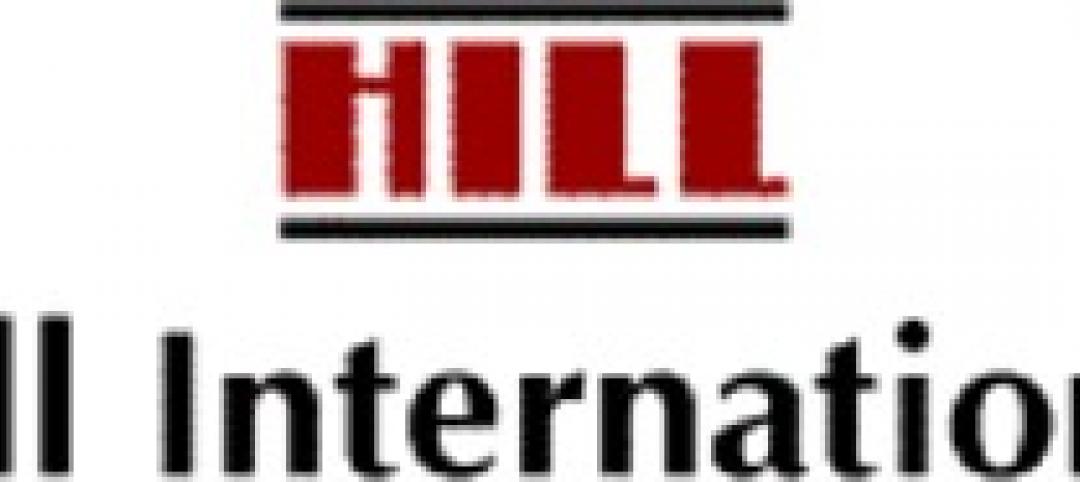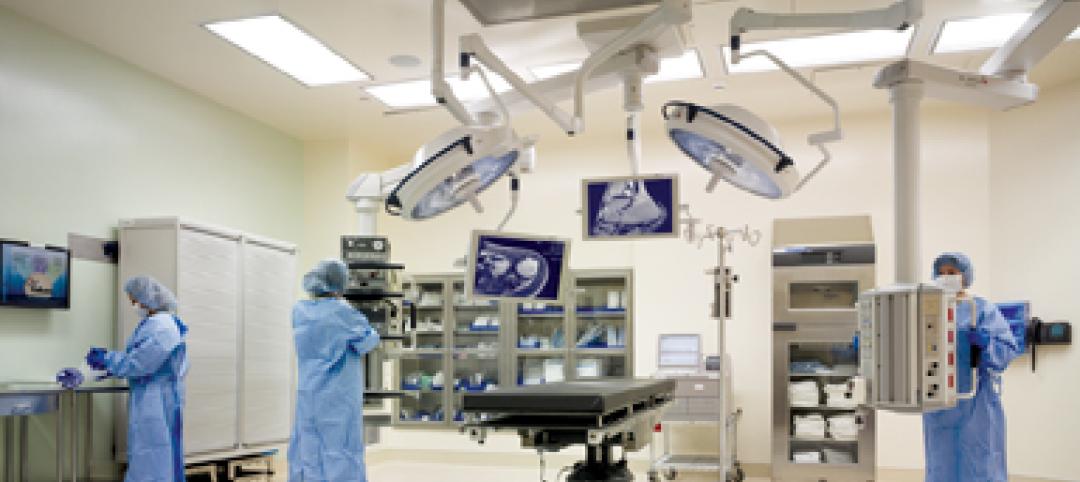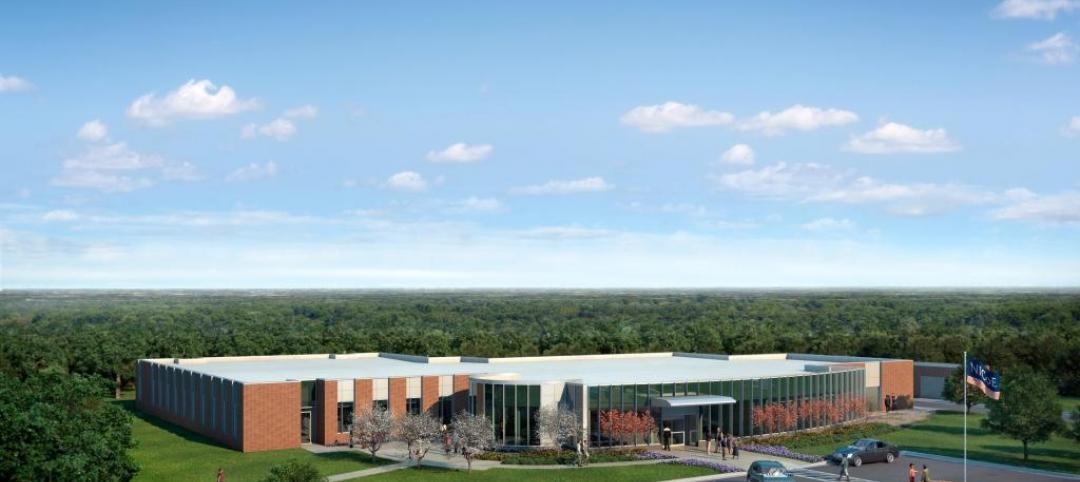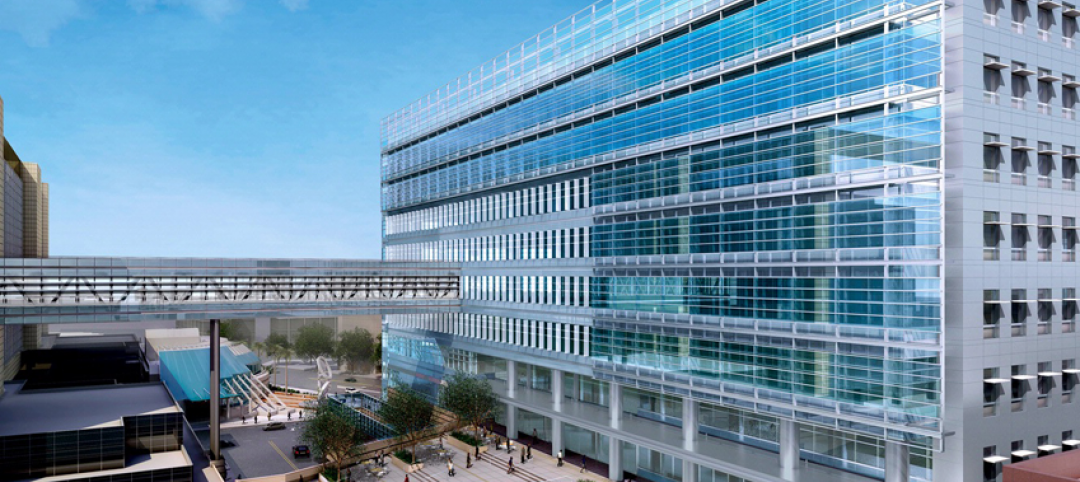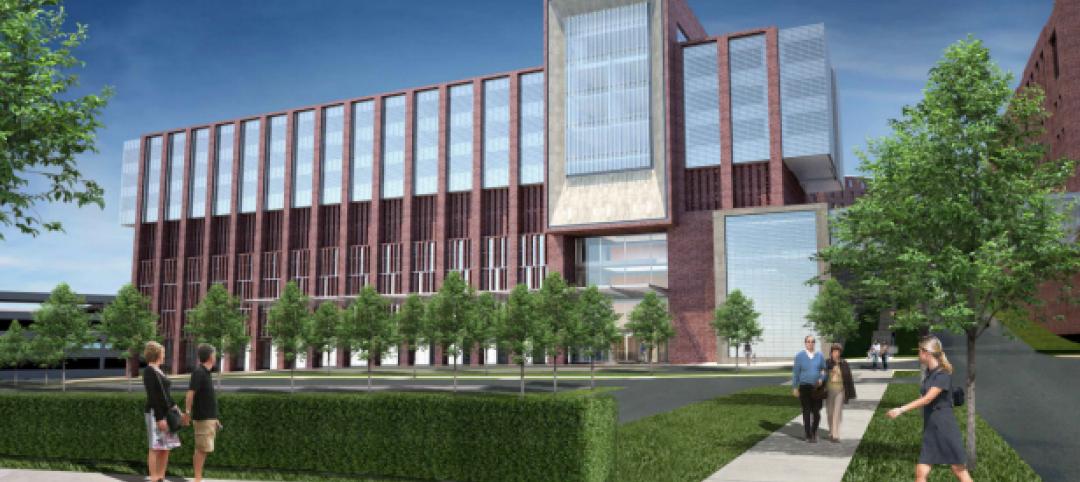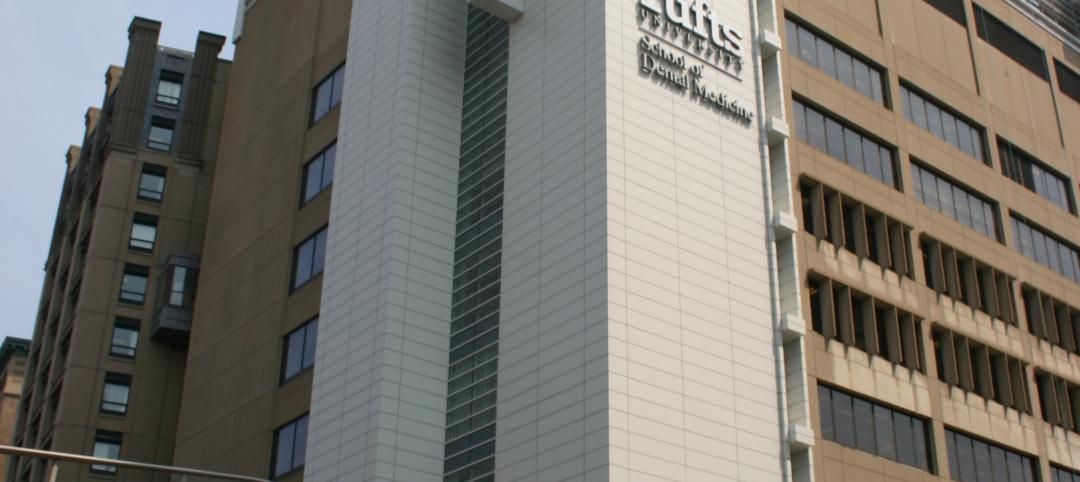Greenwich, Conn.– Back in 1997, when Greenwich Hospital broke ground on a new building, the plan was to build it in two phases, a concept that meant rethinking the installation of two large steam boilers.
“Space was at a premium since the sterilization facility adjacent to the boiler plant required more space,” said Steven Slusarz, Greenwich Hospital’s Chief Plant Operator. “That meant the two large Cleaver-Brooks boilers that were part of the original plans no longer worked since they required a great deal of space for pulling tubes and general maintenance.” After much research the hospital purchased seven Miura EX-200 SGO Gas/Oil Series High Pressure Steam Boilers.
Now, more than 20 years later, the hospital has begun to replace their Miura boilers with the latest Miura boiler technology.
There were several reasons why Miura won out as the boiler of choice for Greenwich Hospital: Miura’s compact size, efficient operation, and lower emissions, since the decision makers at the time wanted the hospital to take the lead in building a green facility.
What today is referred to as “on-demand steam” really caught the attention of the Greenwich Hospital staff, since it was a relatively new innovation for the US market.
“What was especially exciting for the facility planners was that within a few minutes you were up to 100 psi,” said Slusarz. “Another major advantage was high and low fires, without a lot of modulation, so there wasn't as much fine tuning required, and you still had higher efficiency.”
When running a boiler facility at a Northeast hospital, “Efficient operation is critical,” said Slusarz. “The hospital’s steam demand fluctuates throughout the day, so sometimes we're only doing 1,000 pounds an hour, and we can quickly go up to 8,000-9,000 pounds an hour. Plus, with multiple Miura boilers, we are able to have more control on what we are delivering, while minimizing waste.”
Slusarz also said that the hospital went from regular number two heating oil to the ultra-low sulfur diesel. “We dialed in the boilers, which brought our emissions even further down,” he said. “We are running a very clean, efficient plant at Greenwich Hospital.”
Miura’s steam boilers, which are made in the company’s Rockmart, Ga., headquarters, gives Greenwich Hospital the capacity for sterilization, heat, hot water, humidification and other requirements, while using less fuel and producing fewer emissions than traditional boilers.
UPGRADING TO THE NEWEST GENERATION OF BOILERS
Today, five of the original seven Miura boilers remain operational as the hospital upgrades to new Miura boilers.
“We replaced the two EX-200s from our original seven with EX-100s,” said Slusarz. “The main reason was that on the days when we're really not using a large amount of steam, it gives the operator greater options. Plus, our boiler room is designed with two rows of boilers; three on one side and four on the other. This gives the operator a chance to shut down one whole side for maintenance, and still have redundancy on the line.”
Miura’s modular approach also makes it easy to achieve an N+1 system, a redundancy required for hospitals that enhances overall reliability, since users never sacrifice production due to annual inspections.
“With Miura, everything is external,” said Slusarz. “You don't have to remove tons of covers and setup rigging. For our annual inspection, when the state requires us to pull the burner assemblies out, it's relatively easy. Slusarz said that it is usually a one-person job.
“One of the features that stands out with Miura boilers is the compact footprint,” said Slusarz. “Not only does it save us costly space, but you can walk around these boilers, which is a tremendous advantage.”
Miura’s compact size has also been a major advantage as the hospital continues to replace their boilers with the latest generation of Miura.
“Because we're a hospital, you can never have enough elevators, bathrooms, or closets, so Miura’s footprint is extremely beneficial to us,” said Slusarz. “When it comes time to replace them, we can get them in and out using simple rigging, versus having to take a whole side of a building out to replace a boiler. That’s a big deal.”
Operationally, the hospital’s Siemens BAS system is tied into the boiler, allowing Slusarz and his team to “see exactly what’s going on at any given time and make adjustments accordingly.”
MONITORING THE BOILERS
Miura’s EX Gas/Oil Series High Pressure Steam Boiler minimizes carryover and produces 99%+ dry saturated steam in less than 5 minutes from a cold start. Faster start-up means less fuel used, greater savings, and more responsible use of precious natural resources.
Available in 100HP, and in 50HP increments up to 300HP models, the EX Series utilizes vertical water tubes in a circular array. Both headers of each series are encased in a castable refractory with only the tubes exposed to flame and/or combustion gases. The upper header is attached to the lower header only by the tubes. As the tubes expand and contract, the headers float up and down accordingly.
The “floating header” concept allows for even thermal expansion of the tubes, therefore reducing stress points within the boiler. The “leaky tube” problems associated with firetube and bent watertube designs have been eliminated.
Having already replaced two boilers, Greenwich Hospital plans to replace at least one of their original five remaining boilers each year. “We want to bring everything up to date and try to stay a little bit ahead of the curve,” said Slusarz.
Greenwich Hospital, part of Yale New Haven Health, has been recognized for clinical excellence, patient satisfaction, technological innovations, medical advancements, and community involvement, including the 2017 Guardian of Excellence Award for outstanding patient experience in inpatient services, which the hosptial won for the second year in a row.
About Miura Boiler: Miura Boiler was founded in 1927 and has grown to become one of the largest industrial steam boiler manufacturers in the world. In 2009, Miura opened a new U.S. manufacturing facility in Rockmart, Ga. For more information in the U.S.: 1-888-309-5574; in Canada call 1-800-666-2182. www.miuraboiler.com.
Related Stories
| Jul 25, 2012
EwingCole adds healthcare director to D.C. office
Schultz brings over 25 years of proven experience in planning and designing healthcare, medical research, and government medical facilities.
| Jul 25, 2012
Hill International selected as project manager for two Abu Dhabi hospitals
The two hospitals have a combined estimated project value of approximately AED 784 million ($213 million).
| Jul 20, 2012
2012 Giants 300 Special Report
Ranking the leading firms in Architecture, Engineering, and Construction.
| Jul 20, 2012
3 important trends in hospital design that Healthcare Giants are watching closely
BD+C’s Giants 300 reveals top AEC firms in the healthcare sector.
| Jul 19, 2012
Construction begins on military centers to treat TBI and PTS
First two of several centers to be built in Fort Belvoir, Va. and Camp Lejeune, N.C.
| Jul 12, 2012
Cardoso joins Margulies Perruzzi Architects
Senior architect brings experience, leadership to firm’s healthcare practice.
| Jul 11, 2012
HOK honored with Los Angeles architectural award
42nd annual awards from the Los Angeles Business Council honor design excellence.
| Jun 29, 2012
SOM writes a new chapter at Cincinnati’s The Christ Hospital
The 332,000–sf design draws on the predominantly red brick character of The Christ Hospital’s existing buildings, interpreting it in a fresh and contemporary manner that fits well within the historic Mt. Auburn neighborhood while reflecting the institution’s dedication to experience, efficiency, flexibility, innovation and brand.
| Jun 20, 2012
WHR’s Tradewell Fellowship Marks 15th Anniversary
Fellowship program marks milestone with announcement of new program curator and 2012 fellow
| Jun 8, 2012
Thornton Tomasetti/Fore Solutions provides consulting for renovation at Tufts School of Dental Medicine
Project receives LEED Gold certification.



